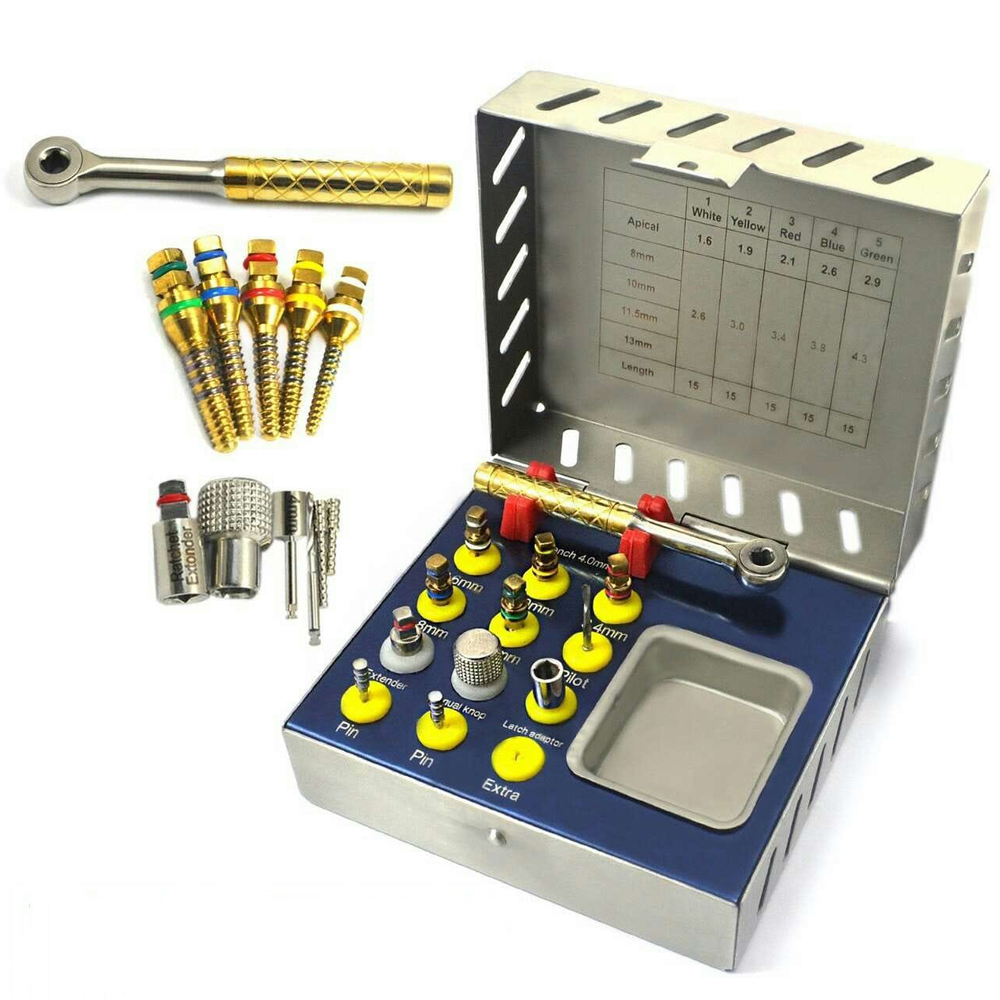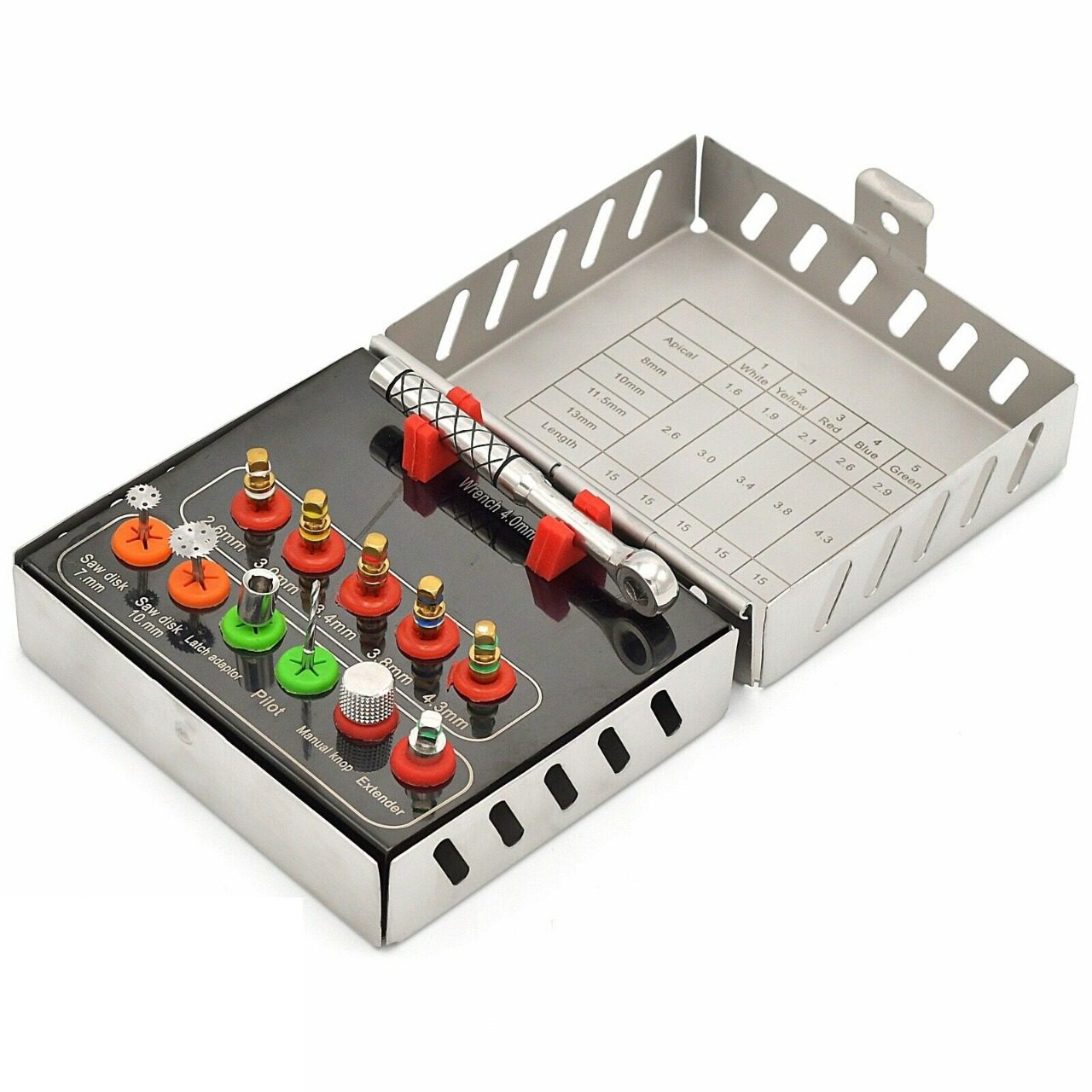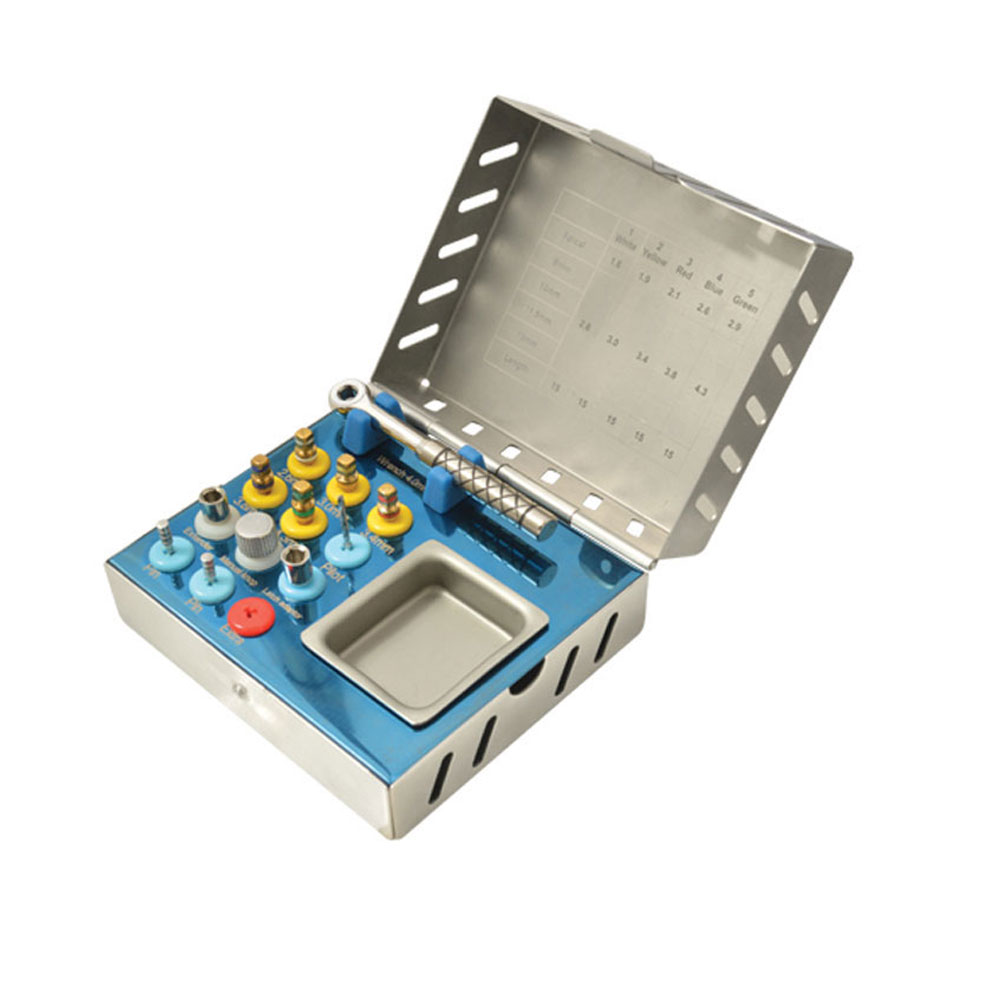Boss Surgico Medical Supply offers an extensive range of high-quality vaginal specula designed to meet the diverse needs of healthcare professionals. These essential tools, originally modernized by J. Marion Sims, the “father of gynecology,” are integral for pelvic exams, Pap smears, and cervical assessments.
Our collection features trusted designs crafted from premium German stainless steel, backed by a lifetime guarantee for durability and reliability. Popular models include Graves, Pederson, Collin, Avard, Cusco, Polansky Vaginal Speculum (Vet.), and more. For specialized procedures such as LEEP and LLETZ, we also provide non-conductive vaginal specula specifically designed for electrosurgical OB/GYN applications.
What is a Speculum?
A speculum is a medical instrument with a duck-bill shape that allows doctors to examine the inside of hollow parts of the body for diagnosis or treatment.
One of the most common uses of a speculum is during vaginal exams. Gynecologists use it to gently separate the walls of the vagina, providing a clear view of the vaginal canal and cervix.
Types of Speculums
Speculums are typically made of stainless steel or plastic. Stainless steel speculums are reusable, while plastic ones are disposable. Below are the various types of speculums and their specific uses:
Vaginal Speculums
Vaginal speculums come with one, two, or three blades. The most common types include:
- Bivalve Speculum (Cusco’s Speculum)
- This two-bladed instrument is widely used by gynecologists to examine the vagina and cervix.
- The doctor inserts the speculum into the vagina and opens the blades to expose the vaginal canal and cervix.
- Available in different sizes, the choice of speculum depends on the patient’s age and vaginal dimensions.
- Pediatric Speculum
- Designed for infants and children, this shorter speculum accommodates their smaller anatomy.
- Huffman Speculum
- This long, narrow speculum is used for teenage girls who are not yet sexually active.
- Pederson Speculum
- Suitable for sexually active teenage girls, the Pederson speculum has narrower blades than standard adult models but is wider than the Huffman speculum.
- Graves Speculum
- Featuring the widest blades, the Graves speculum is used for adult women. A larger size is available for those with longer vaginal canals.
Anal Speculum (Anoscope)
An anoscope is a tube-like device used to widen the anal opening, allowing doctors to diagnose or treat conditions affecting the anus and rectum.
Ear Speculum
This funnel-shaped tool is used with an otoscope to examine the ear canal and eardrum, helping doctors diagnose issues such as ear infections or wax buildup.
Nasal Speculum
A two-bladed instrument inserted into the nostrils to allow examination of the nasal cavity.
Uses of Speculums
Speculums have a variety of applications in medical practice:
Pelvic Exam
During a pelvic exam, gynecologists use a vaginal speculum to inspect the vagina, cervix, and reproductive organs for abnormalities. This may include:
- Pap Smear: Using a small brush to collect cervical cells for testing early signs of cervical cancer.
- STD Testing: Collecting cell samples from the vagina or cervix.
Other procedures involving a vaginal speculum include:
- Vaginal Hysterectomy: Removal of the uterus through the vagina.
- Dilation and Curettage (D&C): Opening the cervix to remove part of the uterine lining.
- Intrauterine Insemination (IUI) and In Vitro Fertilization (IVF): Fertility treatments.
- Intrauterine Device (IUD) Placement: Insertion of a reversible birth control device into the uterus.
Anal Exam
Doctors use an anal speculum to diagnose or treat conditions such as:
- Hemorrhoids
- Abscesses
- Anal fissures
- Rectal polyps
- Certain cancers
Ear Exam
An ear speculum is used to identify problems such as:
- Swimmer’s ear
- Eardrum perforation
- Wax buildup
- Foreign objects
- Ear infections
Nasal Exam
Nasal speculums help diagnose and treat conditions like:
- Deviated septum (septoplasty)
- Removing foreign objects from the nasal cavity
By providing better access and visibility, speculums are essential tools for diagnosing and treating a wide range of medical conditions.



